Product pictures
| Amount Per 0.25 cup | |||
| Calories | 170 Kcal (712 kJ) | ||
| Calories from fat | 13.5 Kcal | ||
| % Daily Value* | |||
| Total Fat | 1.5g | 2% | |
|---|---|---|---|
| Saturated Fat | 0.5g | 3% | |
| Cholesterol | 10mg | 3% | |
| Sodium | 290mg | 12% | |
| Total Carbs | 36g | 12% | |
| Sugars | 1g | 4% | |
| Dietary Fiber | 2g | 8% | |
| Protein | 4g | 8% | |
| Iron | 0.3mg | 2% | |
| Calcium | 20mg | 2% | |
* Percent Daily Values are based on a 2000 calorie diet. Your daily values may be higher or lower depending on your calorie needs.
Find out how many calories should you eat.
Ingredients And Nutrition Overview
Best
choice Good
choice Poor
choice Avoid
it!
choice Good
choice Poor
choice Avoid
it!
-
WeightWatchers Points: 3.1, PointsPlus: 5, SmartPoints: 5
WeightWatchers Points are estimated by carbohydrates, fats, protein and fiber in product. They are not an affirmation of better quality or nutritional value of the product or its manufacturer. Only way to count for dieters. Less points are better.
Read more at Weight watchers diet review -
Salty! Has over 12% of the daily sodium max
The average American consumes 5,000 mg of sodium daily — twice the recommended amount amount of 2400mg for healthy adults, this is 1 teaspoon of salt.
For medical reasons many people should not exceed 1500mg of sodium.
Surprisingly, you're responsible for only 15% of the sodium in your diet the bigger part - 75% of the sodium that you consume each day comes from processed foods, not home cooking or the salt shaker.
Excess sodium intake increases the risk of high blood pressure, hypernatremia, hypertension, cardiovascular disease and other heart problems.
Are these reasons enough to cut the sodium intake? No doubt! -
Convert Salt tsps to Sodium mg easily
Salt (NaCl) is not excactly sodium (Na).
It is not right to use these terms as synonyms.
The FDA recommended limit of sodium is 2,300 mg per day (or even less - about 1500 mg while one is on low sodium diets).
This is much less than the weight of salt.
(5,750 mg per day or 3,750 mg for low sodium diet) and not so convenient to calculate.
Know how much sodium is in your salt - without a calculator:
1/4 tsp salt = 600 mg sodium
1/2 tsp salt = 1200 mg sodium
3/4 tsp salt = 1800 mg sodium
1 tsp salt = 2300 mg sodium -
Great! Contains less than 1.5 tsp of sugar.
Great! Contains less than 1.5 tsp of sugar per serving!
-
More than 8% daily fiber!
Eat more fiber. You've heard it many times. But why it is so good for your health?
Dietary fiber is best known for its ability to make our digestion going right.
So want to prevent or relieve constipation - eat more fiber!
There are also other great health benefits as well, such as lowering your risk of diabetes, heart disease and cancer, and helping to maintain a healthy weight by helping to feel you full longer.
The best source of fiber are fruits, vegetables, whole grains and legumes and not processed foods with added fiber. -
Interested in getting more protein?
Protein is important, but some of the protein you find in this product isn't exactly natural.
The protein comes from one of the following sources:
- milk protein concentrate
- whey protein isolate
- soy protein isolate
and that it's not ideal to get protein only from processed goods.
If you're looking for more protein, try beans, quinoa, nuts, seeds, peas and spinach & leafy greens.
Not only do they have protein, they're filled with other vitamins and minerals. -
Contains milk protein concentrate
Milk Protein Concentrate (MPC) is a white to light-cream-colored dry powder.
It is a very cheap milk byproduct of skim milk through a series of processes that includes ultrafiltration,
evaporation and drying of the milk until it reaches a powder form.
Some more info:
- Most of the MPC's are imported as a dry powder from countries with lax food safety regulations (China for example).
- MPC's are added to processed food products to increase the amount of protein without increasing the carbs.
-
Learn about veggies and iron
Veggies such as broccoli, bok choy, spinach, parsley and most leafy greens are naturally high in iron.
However, compared to other high-iron foods, like red meat, fish and poultry, the iron in plant foods is not absorbed as easily by the body. What can you do to increase the absorption of iron from these plant foods?
- Vitamin C increases the absorption - so try having a fresh tomato, lemon juice, or an orange together with your high iron food
- Avoid drinking too much coffee - caffeine can decrease the absorption of iron
- In addition to caffeine, the tannins found in tea can also reduce iron absorption
- If you are a vegetarian, try having iron-fortified breakfast cereals, legumes, and eggs
-
Contains MSG-like ingredients
People feeling reaction to MSG may also react adversely to MSG-like substances.
Glutamates or chemically similar items are added to improve a product's taste.
Here is a short list of common MSG-like substances:
- Yeast extract
- Autolyzed yeast
- Hydrolyzed proteins
- Textured proteins
- Anything "enzyme modified"
Allergens
Soy Allergy, Lactose Allergy, Milk Allergy
You Might Also Like
% RDI of Main Nutrition Facts
9%
of RDI* (170 calories) 59.15 g
-
Cal: 8.5 %
-
Fat: 2.3 %
-
Carb: 12 %
-
Prot: 8 %
-
0%25%75%RDI norm*
Calories Breakdown
- Carbs (80.9%)
- Fat (10.1%)
- Protein (9%)
Get Your Recipe of Health!
Follow RecipeOfHealth on Facebook!

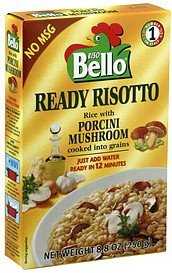
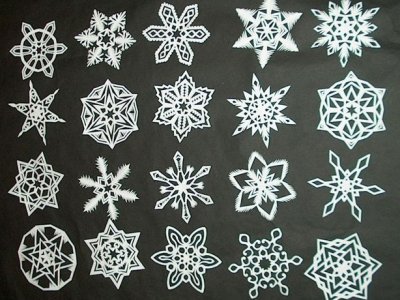
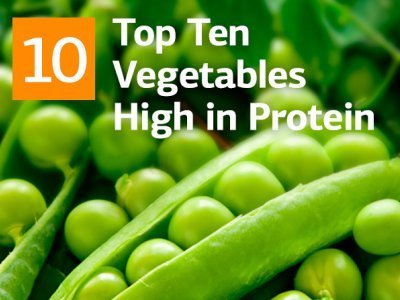

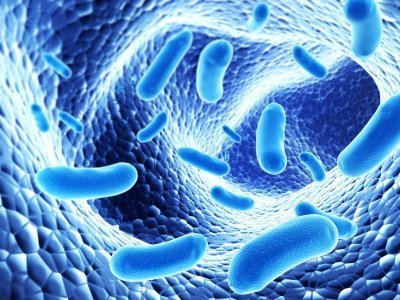




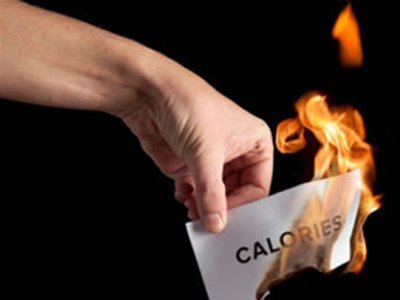
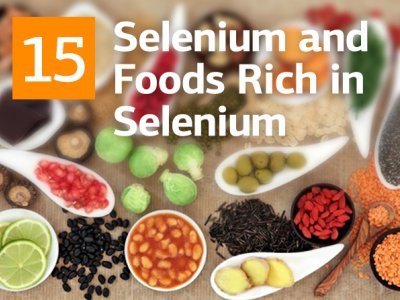
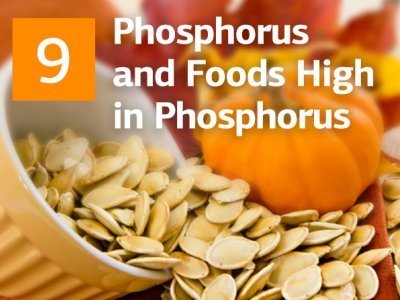
Add your comment